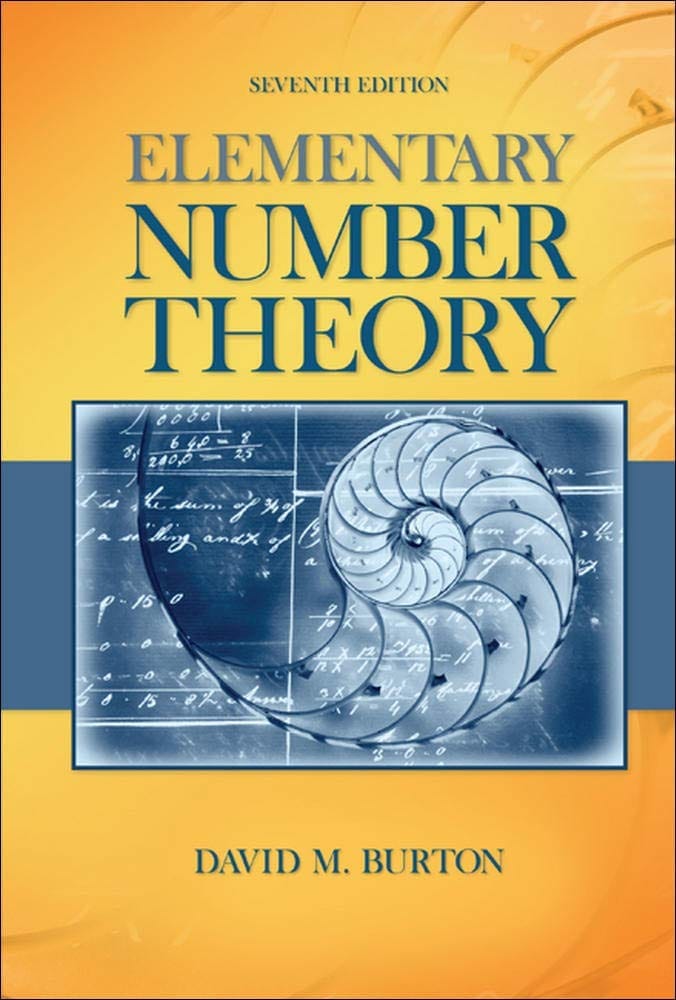
Elementary Number Theory Problems 4.3 Solution (David M. Burton's 7th Edition) - Q7 Paid Members Public
Establish the following divisibility criteria: (a) An integer is divisible by $2$ if and only if its units digit is $0, 2, 4, 6,$ or $8$. (b) An integer is divisible by $3$ if and only if the sum of its digits is divisible by $3$. (c) An integer is divisible by $4$ if and only if the number...
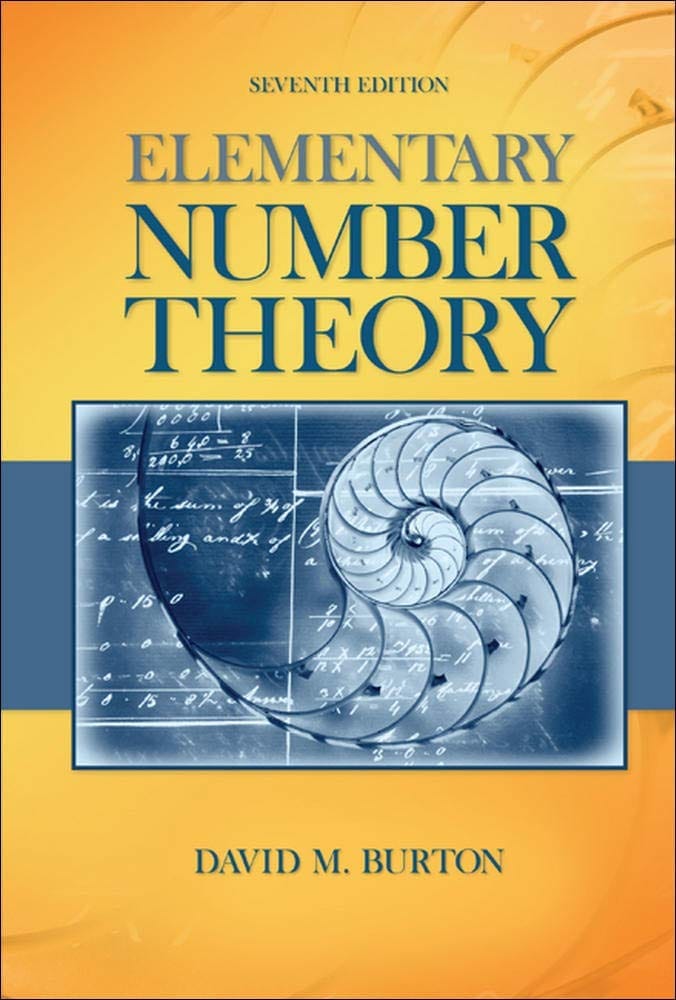
Elementary Number Theory Problems 4.3 Solution (David M. Burton's 7th Edition) - Q6 Paid Members Public
My Solution for "Working modulo $9$ or $11$, find the missing digits in the calculations below: (a) $51840 \cdot 273581 = 1418243x040$. (b) $2x99561 = [3(523 + x)]^2$. (c) $2784x = x \cdot 5569$. (d) $512 \cdot 1x53125 = 1000000000$."
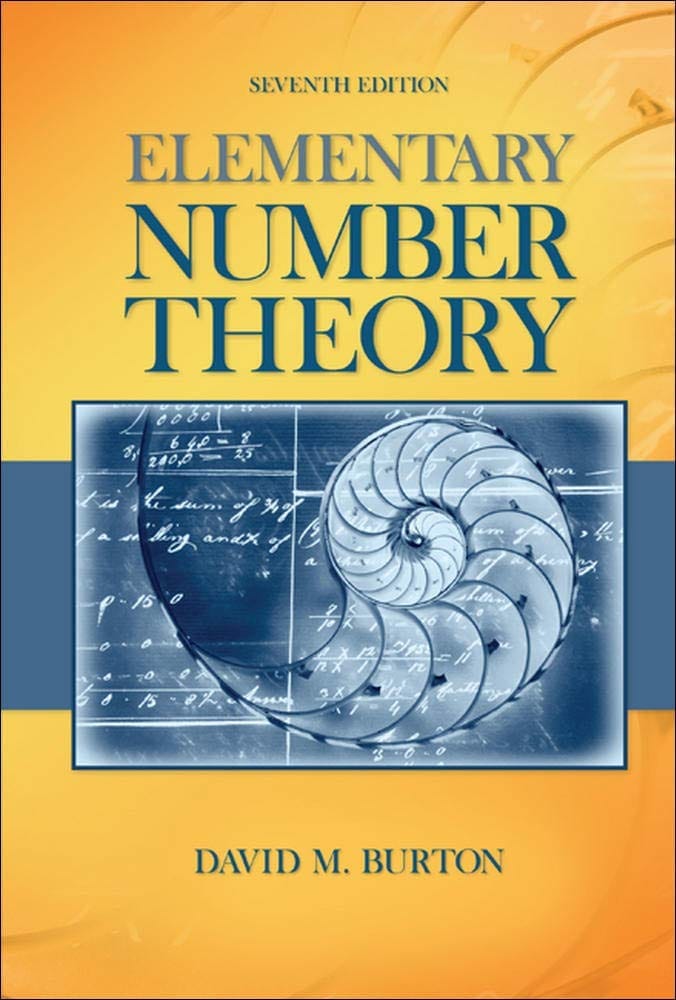
Elementary Number Theory Problems 4.3 Solution (David M. Burton's 7th Edition) - Q5 Paid Members Public
My Solution for "(a) Obtain the following generalization of Theorem 4.6: If the integer $N$ is represented in the base $b$ by $$N = a_{m}b^{m} + \cdots + a_{2}b^{2} + a_{1}b + a_{0} \qquad 0 \leq a_{k} \leq b - 1$$ then $b - 1 \mid N$ if and only if ..."
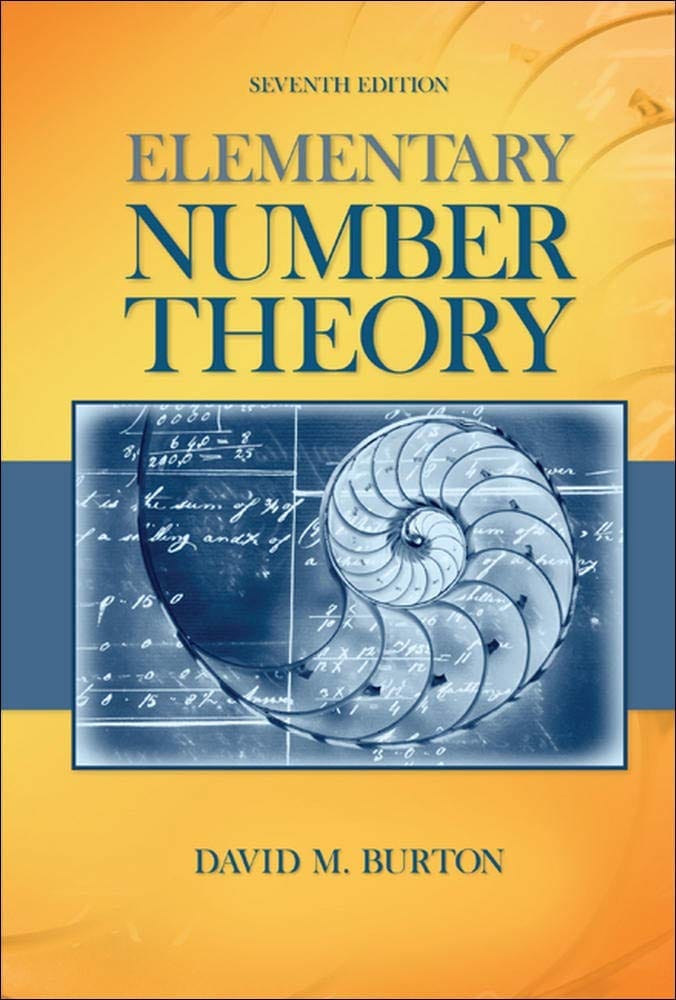
Elementary Number Theory Problems 4.3 Solution (David M. Burton's 7th Edition) - Q4 Paid Members Public
My Solution for "Without performing the divisions, determine whether the integers $176521221$ and $149235678$ are divisible by $9$ or $11$."
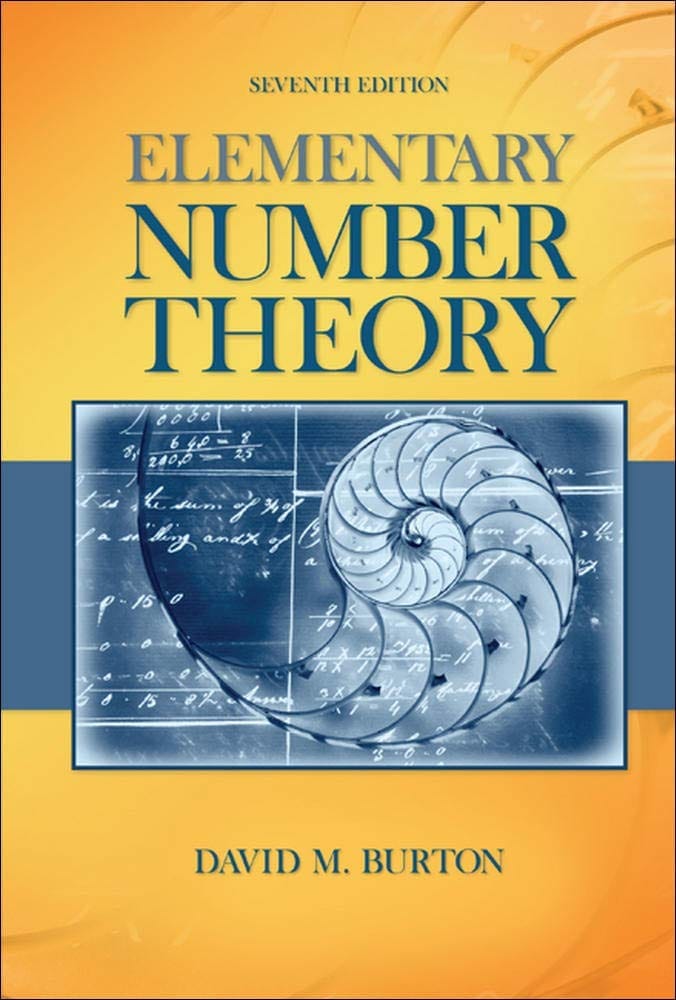
Elementary Number Theory Problems 4.3 Solution (David M. Burton's 7th Edition) - Q3 Paid Members Public
My Solution for "Find the last two digits of the number $9^{9^{9}}$. [Hint: $9^{9} \equiv 9 \pmod {10}$; hence, $9^{9^{9}} = 9^{9+10k}$; notice that $9^{9} \equiv 89 \pmod {100}$.]"

Elementary Number Theory Problems 4.3 Solution (David M. Burton's 7th Edition) - Q2 Paid Members Public
My solution for "Prove the following statements: (a) For any integer $a$, the units digit of $a^{2}$ is $0, 1, 4, 5, 6,$ or $9$. (b) Any one of the integers $0, 1, 2, 3, 4, 5, 6, 7, 8, 9$ can occur as the units digit of $a^{3}$. (c) For any integer $a$, the units digit of $a^{4}$ is $0, 1, ...$ "

Elementary Number Theory Problems 4.3 Solution (David M. Burton's 7th Edition) - Q1 Paid Members Public
My Solution for "Use the binary exponentiation algorithm to compute both $19^{53} \pmod {503}$ and $141^{47} \pmod {1537}$. "
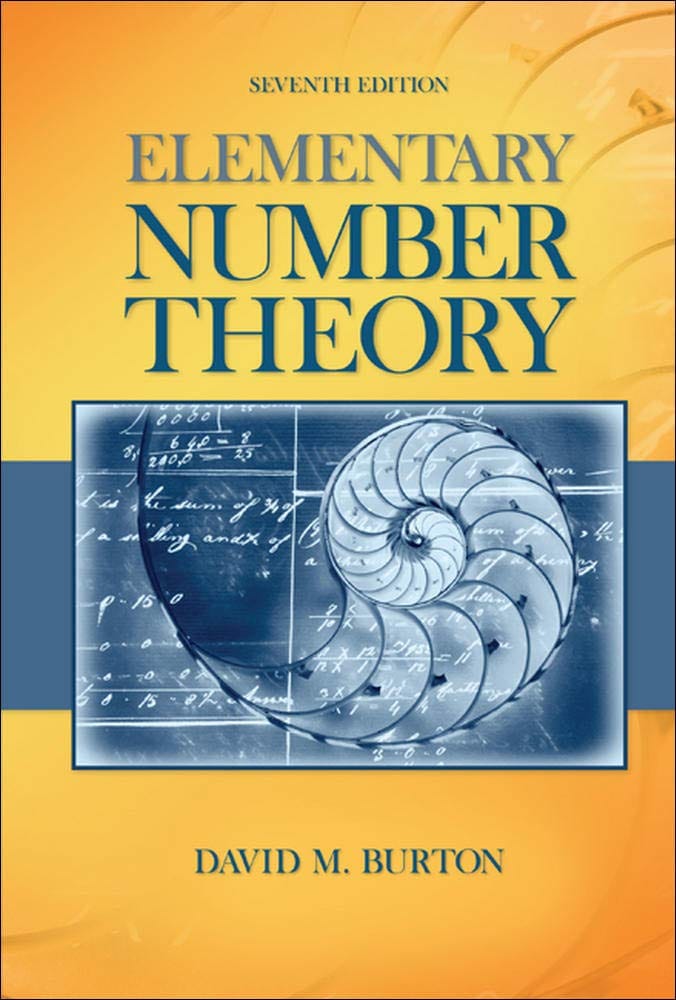
Basic Techniques for Solving Theory of Congruence Problems - 1 Paid Members Public
8 Basic Techniques for solving theory of congruence/Modular Arithmetic problems summarised from my solution on Chapter 4.2 Elementary Number Theory 7th Edition Problems (David M. Burton).





